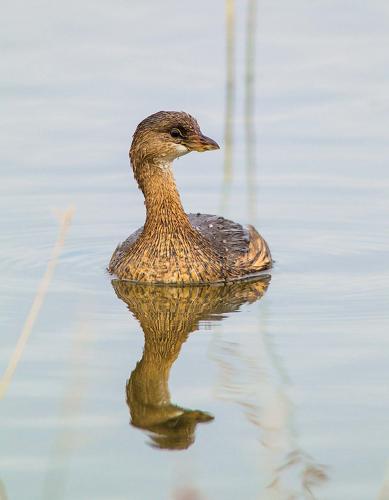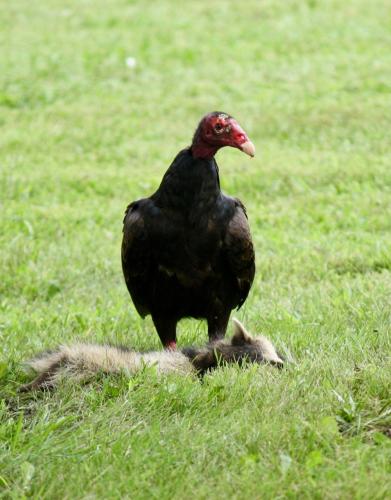
- Birds eat insect pests that would otherwise decimate agricultural crops, gardens, and other vegetation. Birds eat 400–500 tons of insects per year.
- Birds like crows and vultures scavenge carcasses, reducing the spread of diseases such as rabies and distemper.
- Birds disperse seeds, spreading plants into new areas.
- Birds such as hummingbirds help pollinate plants.
- Birds like hawks and owls help keep the mouse and rat population in check.
- Birds eat millions of mosquitoes and other biting insects each year.
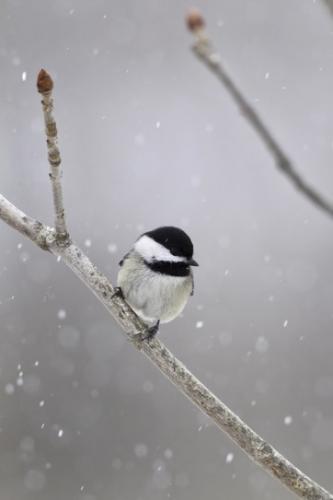
In addition to their ecosystem roles, birds are one of life’s more beautiful pleasures. Millions of people around the world enjoy watching and feeding birds. They are a gateway for many to learn more about the outdoors and nature.
Because birds are sensitive to toxins and pollutants, problems detected in wild birds can serve as an early warning system that something is wrong in the environment. Then changes can be made before the problem starts affecting humans and other animals.
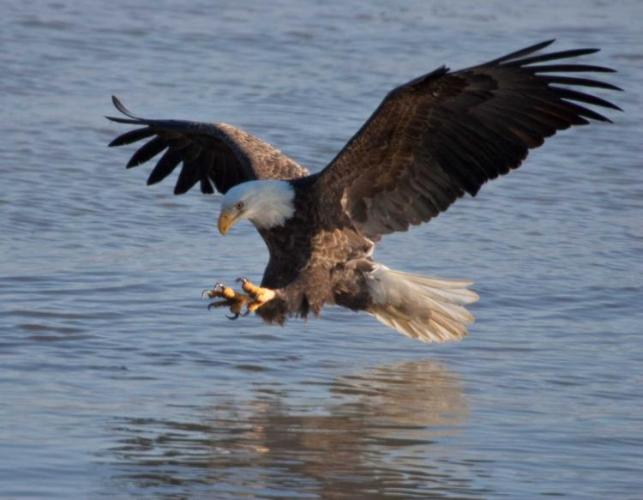
Birds Are Everywhere
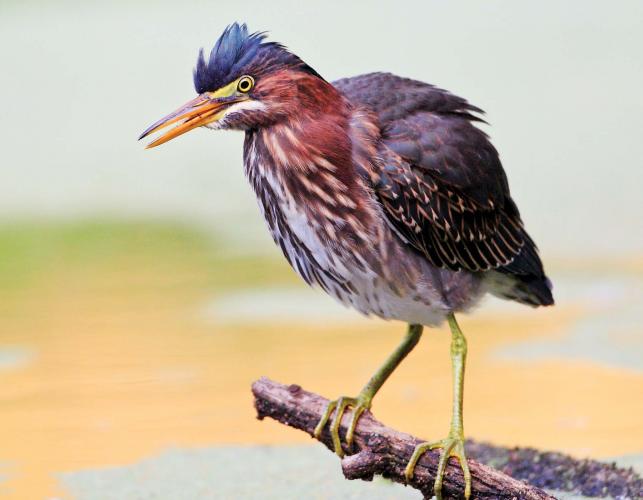
Urban or rural, in every corner of the globe, one finds birds. Wildlife watching is among the fastest growing outdoor pursuits in the United States, numbering 86 million participants in 2016 — more than half of these are birdwatchers. Wildlife viewing and birding hold great promise for the future of Missourians experiencing and appreciating nature.
Birds Make Money
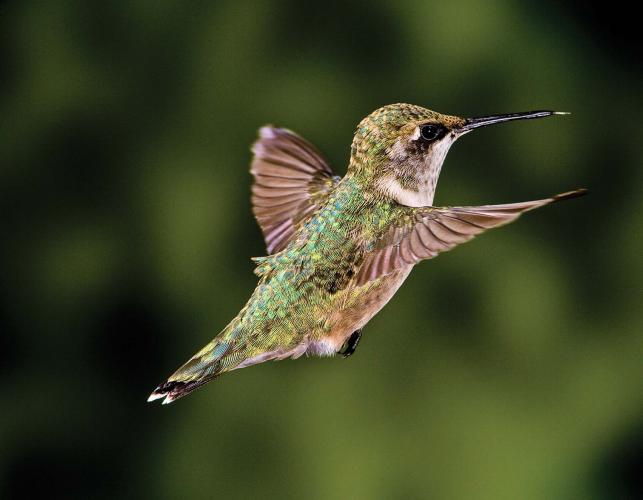
Birds are an economic driver. Each year wildlife watchers spend more than $75 billion on travel, equipment, and other expenses. In the U.S. alone, birding has created more than 600,000 jobs and billions of dollars in employment income and tax revenue (U.S. Fish and Wildlife Service 2013). Birdseed and bird feeders account for nearly $6 billion spent annually.
